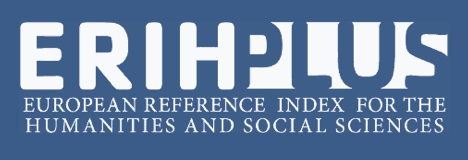Predicting Pro-environmental Behaviors of Green Electronic Appliances’ Users
Abstract
Grounded in the Stimulus-Organism-Response (SOR) model, the current study examines the direct and indirect impact of green advertisement as an external stimulus and pro-environmental self-identity and perceived environmental responsibility as internal stimuli on consumers’ pro-environmental behaviors via an underlying mechanism of their engagement in sustainable consumption for green electronics. A quantitative research approach with a snowball sampling technique was applied to collect data from 477 consumers buying and using green electronics. Data were analyzed using Partial Least Square Structural Equation Modeling (PLS-SEM). Results showed the positive association of environmental advertisement, pro-environmental self-identity, and perceived environmental responsibility with consumers’ pro-environmental behaviors. Moreover, results also revealed that consumers’ engagement in sustainable consumption acts as an internal derive (organism) that transmits the effect of various internal and external stimuli to consumers’ responses in the form of green buying and curtailment behaviors. In addition to examining the mediatory role of a unique construct of consumers’ engagement in sustainable consumption, the current study also extended the existing theory and literature by examining the impact of external as well as internal stimuli on consumers’ pro-environmental behaviors. Furthermore, several theoretical and practical implications are discussed in detail.

This work is licensed under a Creative Commons Attribution-NonCommercial 4.0 International License.













.jpg)








